Apple announces AirPods Pro with noise cancellation and better fit, but the big problems remain unsolved
Apple’s new AirPods Pro may solve one problem with the world’s most popular true wireless earbud, but ignores a bigger issue.
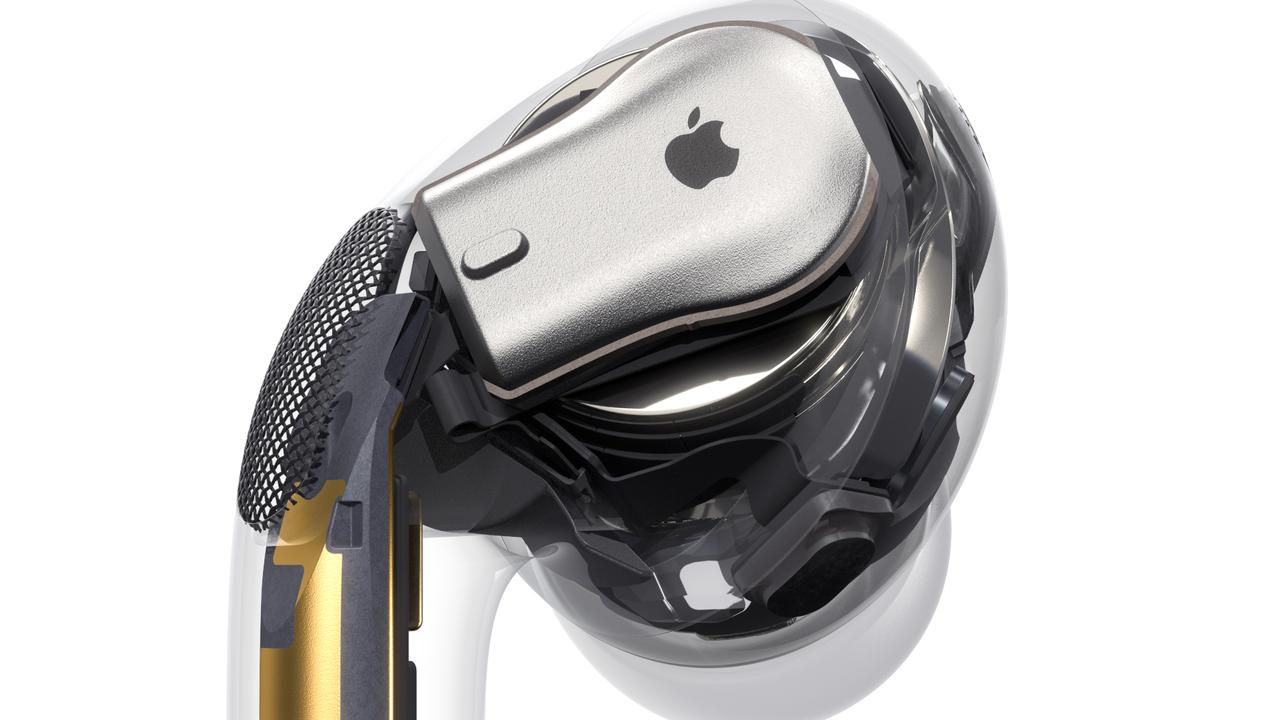
Apple has announced a new noise cancelling design for its expensive and popular wireless earbuds, but the new design has still left major questions unanswered.
The AirPods Pro is now available for order online and will be available in stores from tomorrow at a price of $399, sporting a new “lightweight, in-ear design”.
A report from Counterpoint Research earlier this year found AirPods were the biggest selling true wireless earbud in the world, and it’s not at all close.
The Cupertino company has 60 per cent of the market it created with the introduction of the original AirPods alongside the headphone-jackless iPhone 7 in 2016.
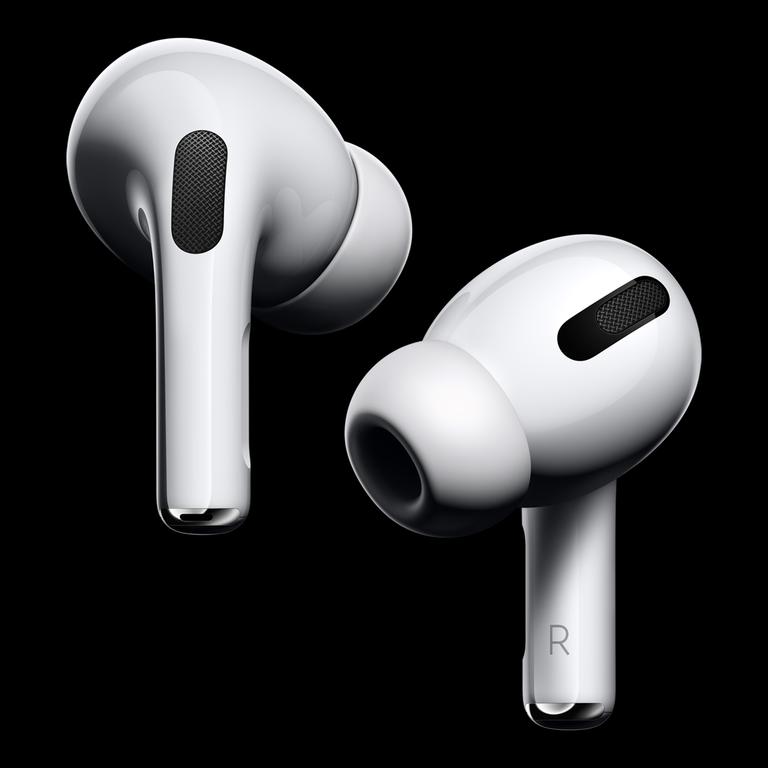
The bud-and-stem design of the AirPods, despite being clowned by commentators when it was first unveiled, has joined the likes of the iMac, iPod and iPhone in becoming iconic for the company and is now widely imitated both as a competing headphone and as a fashion accessory.
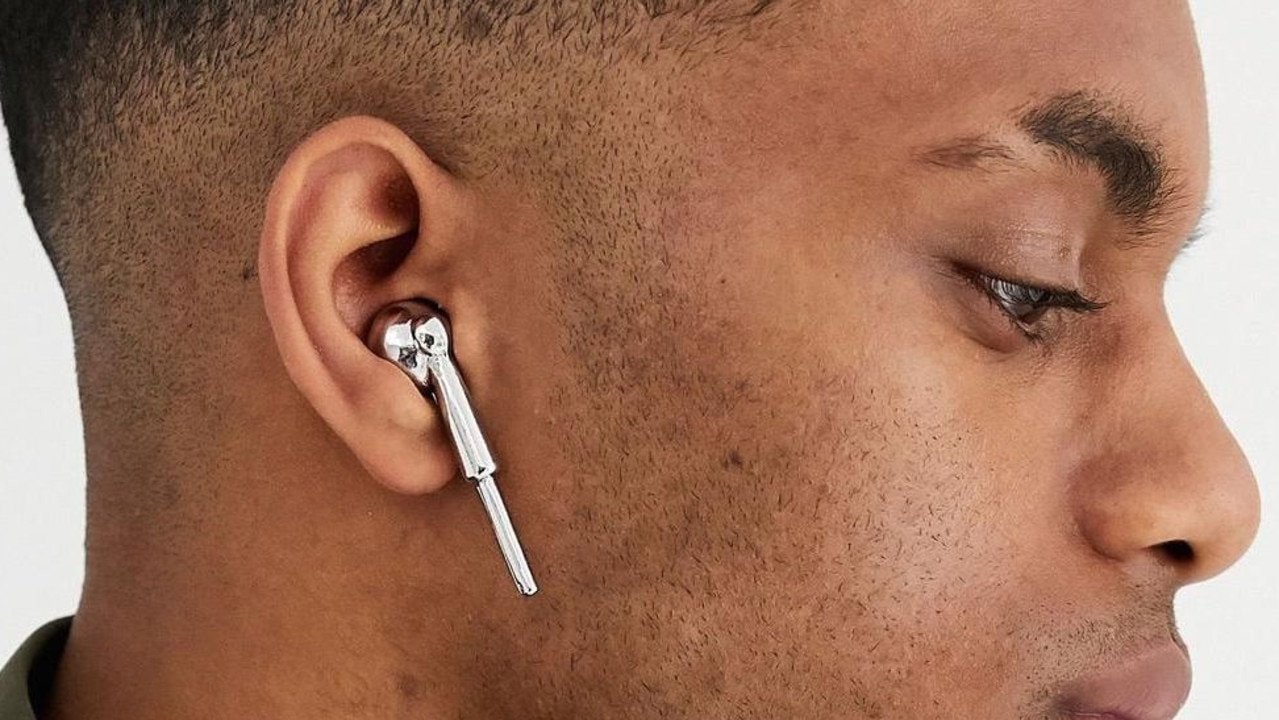
With the AirPods Pro, Apple has added in-ear silicone tips to provide a tighter seal for better audio immersion and to allow for noise cancelling and a “Transparency” mode that lets ambient sound in to retain situational awareness.
It’s hoped they will also improve the security of the fit and prevent too many of the AirPods Pro joining their less qualified underlings on the train lines and drains of cities all around the world.
RELATED: Radiation fears over AirPods
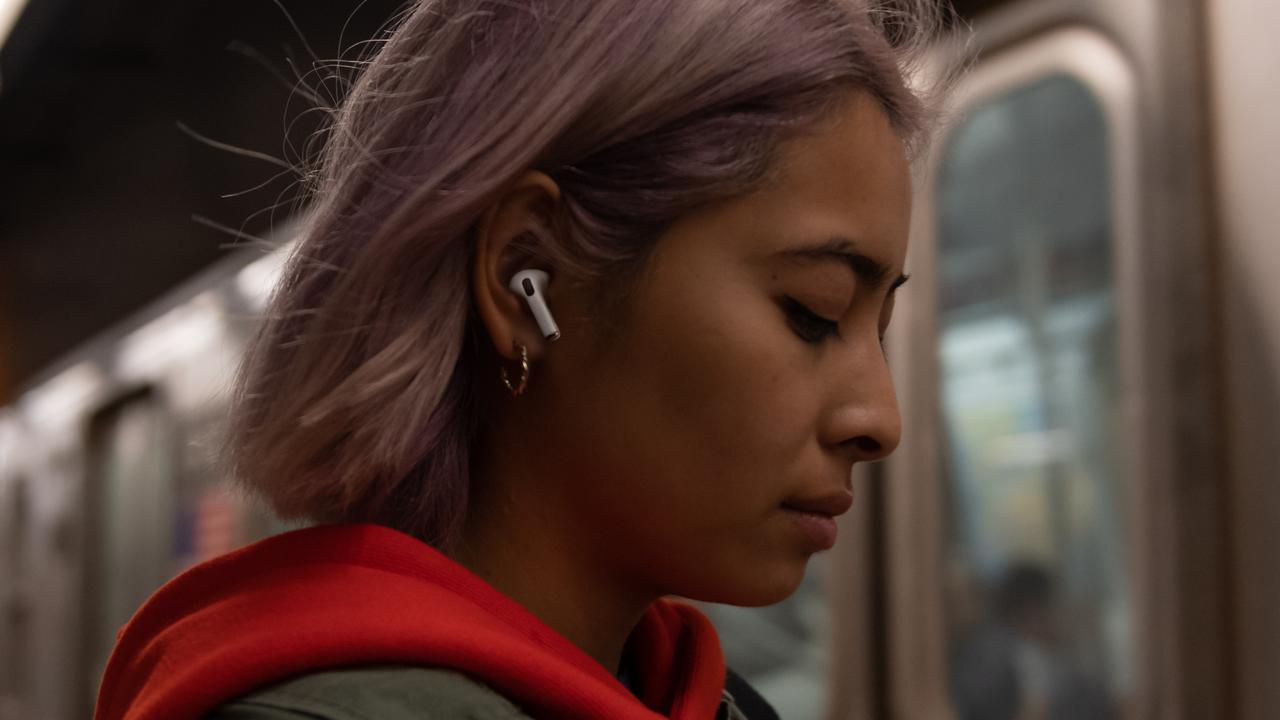
Apple senior vice president of worldwide marketing Phil Schiller said the AirPods Pro “sound amazing” and “fit comfortably”.
“We think customers are going to love this new addition to the AirPods family,” Mr Schiller said.
The AirPods Pro also represents another step in Apple’s recent attempts to solidify and unify its Pro branding.
The Pro tier was previously found on its Mac computers but has recently been slapped on higher-tech versions of its iPad and iPhone range and, now, the AirPods.
But not all Apple users will be able to use the new pods.
AirPods Pro is only compatible with devices running the latest software.
That disqualifies users on an iPhone 6 or earlier, and iPad users with iPad Mini 3 or earlier, as well as anything but the newly released 7th-gen iPod Touch.
Those who have held off updating their Mac to Catalina in order to retain 32-bit programs will also be unable to use the AirPods Pro.
BIG ISSUE FOR WIRELESS BUDS
It also appears the new AirPods Pro design has done nothing to address what are becoming a couple of massive issues for AirPods and other wireless audio devices.
Firstly, the design of the AirPods and other true wireless buds makes them practically impossible to fix, meaning the limited-life lithium-ion batteries that power the devices can’t be replaced.
Device teardown specialists iFixit gave the original AirPods a 0/10 score for repairability.
“Accessing any case component is impossible without destroying the outer casing,” the website said following its assessment.
“Glue is the only external fastener used in the case or earbuds.”
The score didn’t improve after iFixit got hands on the next generation AirPods either.
“AirPods are not designed to be serviced. No hardware components can be accessed without damage to the device,” iFixit said.
“Sealed-in batteries limit the AirPods’ lifespan, making them a consumable, disposable item.”
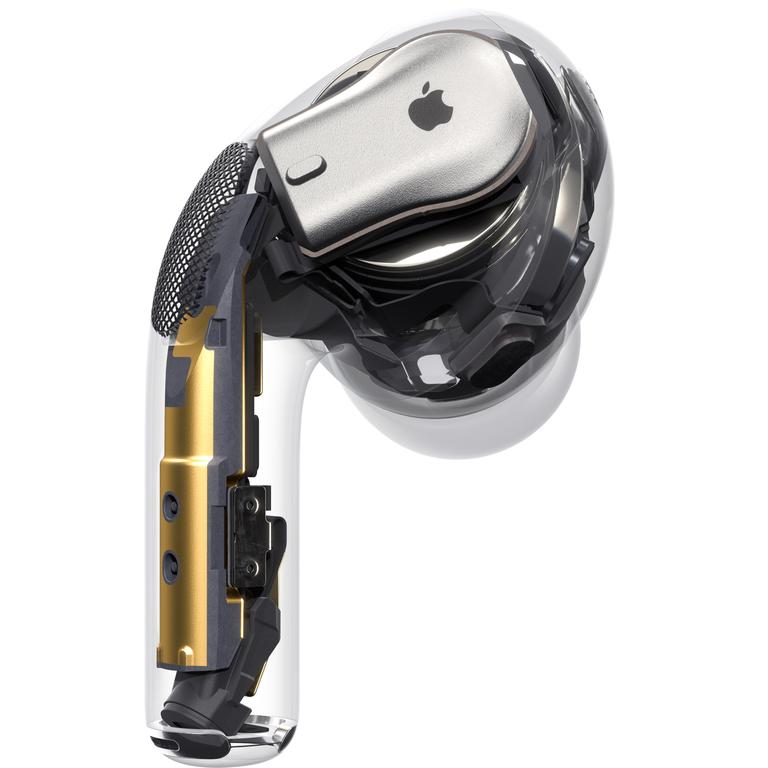
While Apple offers a “battery service” fee for $75 (and that’s price per bud), it’s unclear whether this is actually a repair or just a replacement.
You can soften the financial blow by essentially paying for it in advance with Apple’s AppleCare+ service, but this only lasts two years so will likely run out before the batteries stop holding their charge.
Happy AirPods-Pro-announcement day! There appear to be no major changes that make these safer or easier to recycle than the originals. https://t.co/ORd7PHGoHy
— Caroline Haskins (@carolineha_) October 28, 2019
Several reports from earlier this year suggest the original AirPods begin doing so at around the three-year mark.
Secondly, the amount of glue and the effort it would take to recover components also mean AirPods and other wireless earbuds (despite many of them being made using recycled materials) are themselves practically impossible to recycle,
While Apple does offer a trade-in and recycling program for most of its products, AirPods are not listed as one of the products either on its trade-in webpage or an associated form to lodge a case for a product to be recycled.
A tab for “other devices” on the trade-in page invites users to “Get Started” but links them back to the website’s page for the Apple Watch.
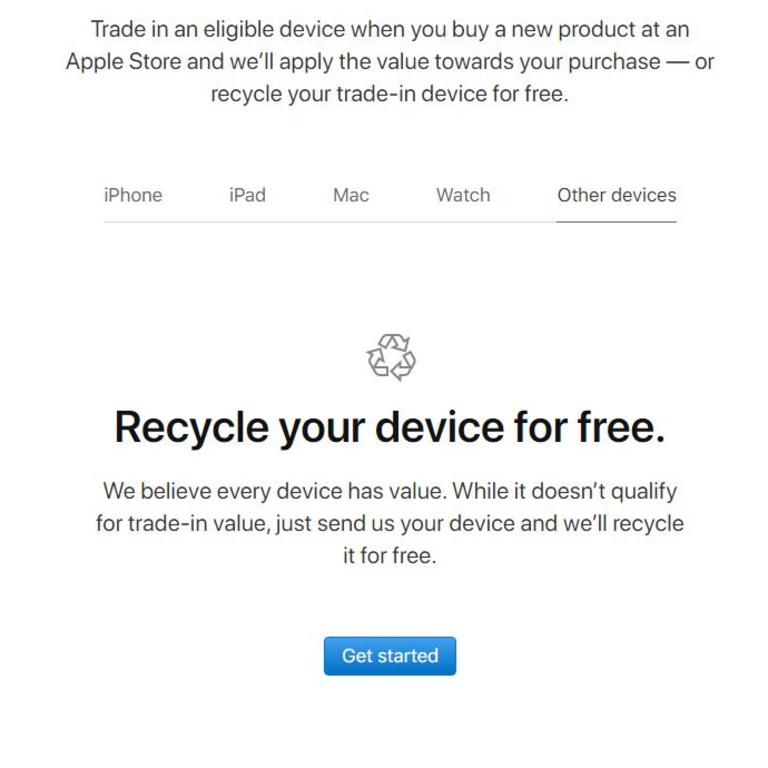
A limited-life battery that can’t be replaced coupled with an inability to recover any resources used and recycle the device are among the criticisms of the AirPods and other wireless earbuds.
Apple has also attracted criticism for creating a market where audio equipment now has a shelf life.
Are these disposable/unrepairable like current AirPods or can the batteries be serviced?
— Daniel Loughney (@dcloughney) October 28, 2019
I’m still aching from the Apple Genius who told me my AirPod batteries would have lasted longer if I didn’t use the product as much as I did
Previously, audio components like headphones had an extremely long lifespan, particularly for models that cost several hundred dollars.
This was primarily due to them being far less electronically complex, but while the innovation of wireless earbuds is a big step forward technologically, it’s far less friendly to the consumer and the environment.
Some manufacturers have attempted to solve this issue with wireless equipment by designing models where batteries can be easily replaced, but this is yet to become widespread throughout the industry.
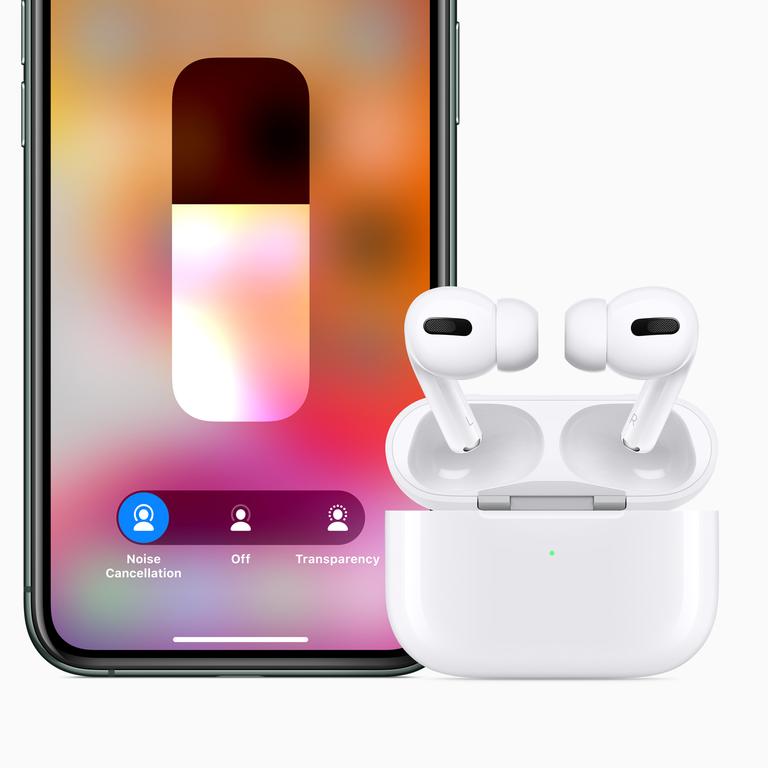
Apple’s announcement of the AirPods Pro contained no information about any steps being taken to address these issues beyond a statement claiming Apple is “dedicated to making the best products on earth and to leaving the world better than we found it”.
Microsoft, Google, Samsung, Amazon, Huawei and other companies all have or have recently announced devices to compete with AirPods but have all been similarly quiet on their consideration and addressing of the issues raised.
Will you be throwing down hundreds for the new AirPods or are they not worth the cost? Let us know what you think in the comments below.



